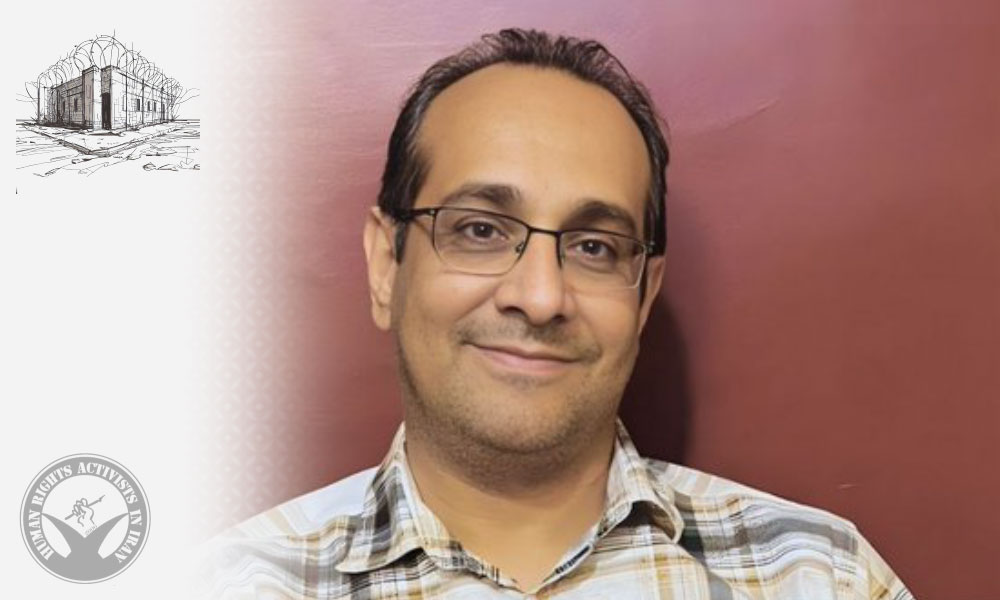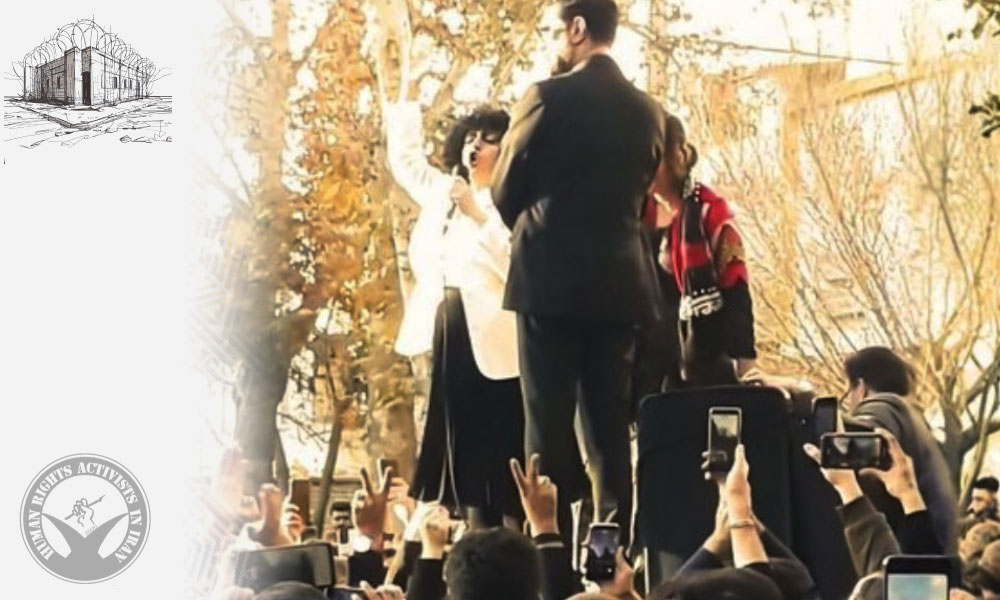Human Rights Activist News Agency (HRANA) – Crackdowns on Iran’s Baha’i community continued this week with the arrest of three residents of the northwestern Tehran suburb of Karaj, who were transferred to Evin Prison on Sunday, September 16th and are now being held on approximately $23,000 USD (3 billion IRR) bail.
Maryam Ghaffarmanesh, Jamileh Pakrou, and Kianoush Salmanzadeh–participants in an environmental education session led by Ghaffarmanesh and hosted in the private residence of Ramin Sedighi–were arrested when intelligence agents showed up demanding their cell phones and pressing them to fill out personal information forms.
After confiscating Sedighi’s hard drive, pamphlets, and religious materials, the agents moved on to search Pakrou’s residence, a close source told HRANA.
Ghaffarmanesh, Pakrou, and Salmanzadeh were transferred to Evin Prison. Ghaffarmanesh’s family learned of her bail some 20 hours later, on a call with her from ward 209 of the prison.
The same day, HRANA reported that intelligence ministry agents had arrested and searched the homes of six Baha’i residents of the central Iranian city of Shiraz: Soudabeh Haghighat, Noora Pourmoradian, Elaheh Samizadeh, Ehsan Mahboob Rahvafa, and a married couple, Navid Bazmandegan and Bahareh Ghaderi.
Shiraz had already seen a string of Baha’i arrests one month earlier that landed a number of its residents in an intelligence ministry detention center.
On the morning of September 19th, Baha’i Yazd resident Mehran Bandi Amirabadi was released after being held in custody for 43 days without a warrant. After being tried with six other Baha’i citizens in Branch 3 of Yazd Appeals Court, located in central Iran, Amirabadi was sentenced to one and a half years in prison and one year in exile to be served in Divandareh, a remote city in Iranian Kurdistan.

Iranian Baha’i citizens are systematically deprived of religious freedoms, in contravention of international treaties including the Universal Declaration of Human Rights and the International Covenant on Civil and Political Rights.
Based on unofficial sources, more than 300,000 Baha’is live in Iran. Iran’s Constitution, however, only recognizes Islam, Christianity, Judaism, and Zoroastrianism, and does not acknowledge the Baha’i faith as an official religion. Consequently, the rights of Baha’is are systematically violated in Iran.







